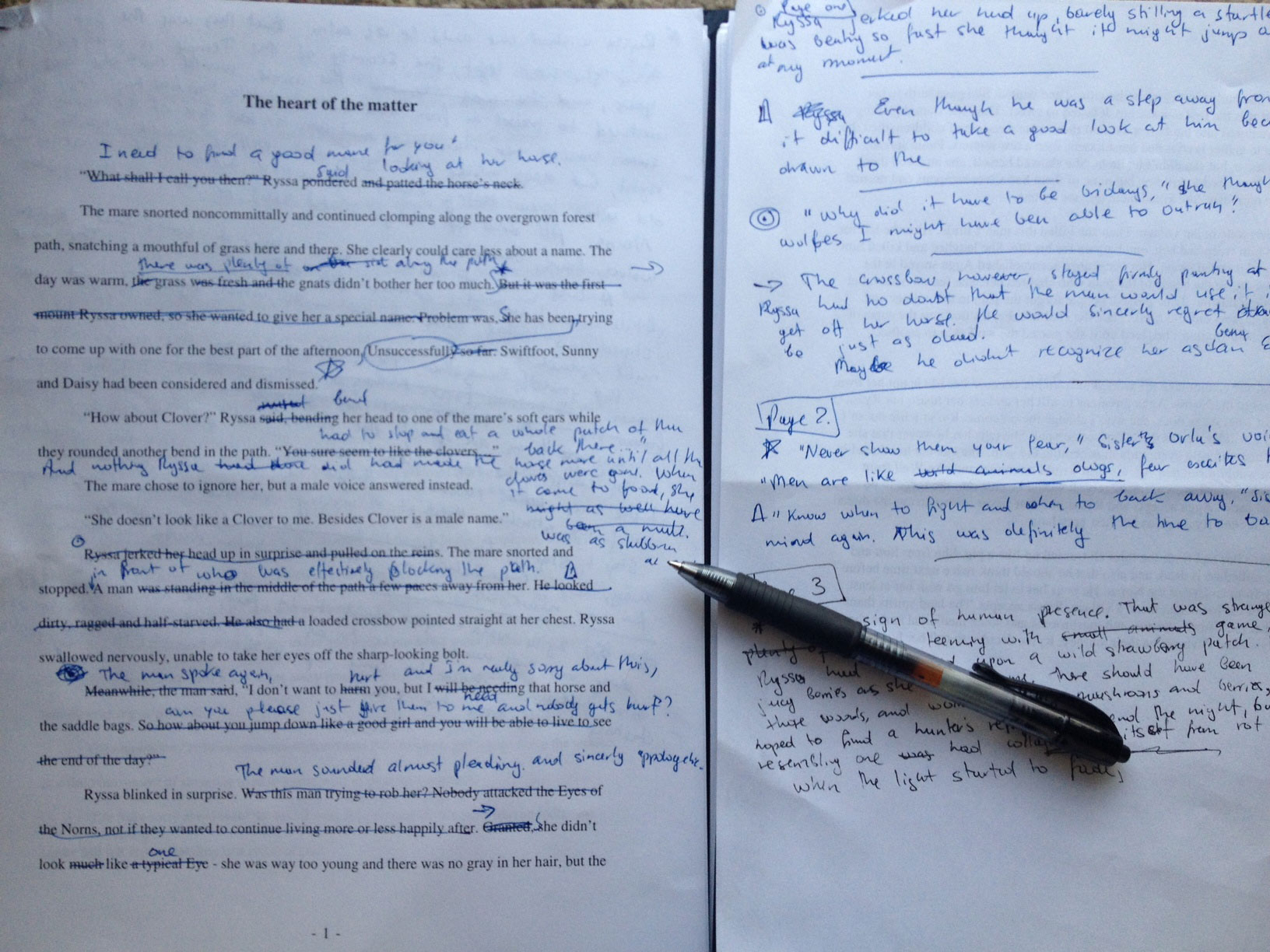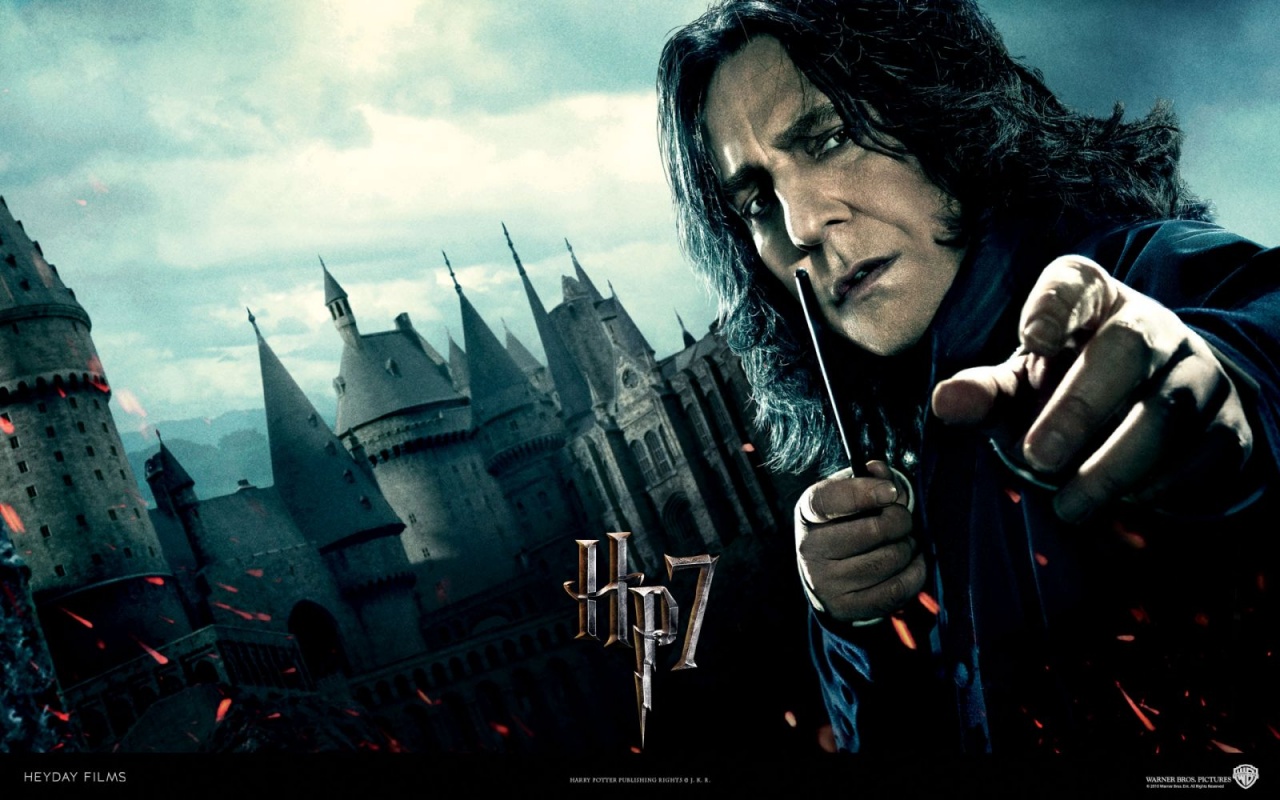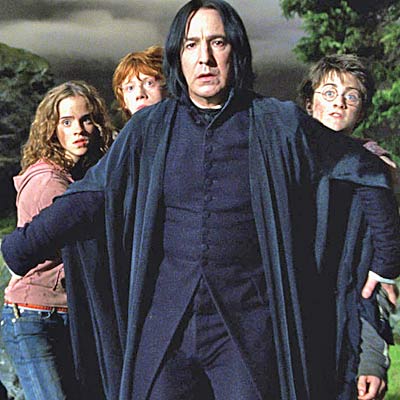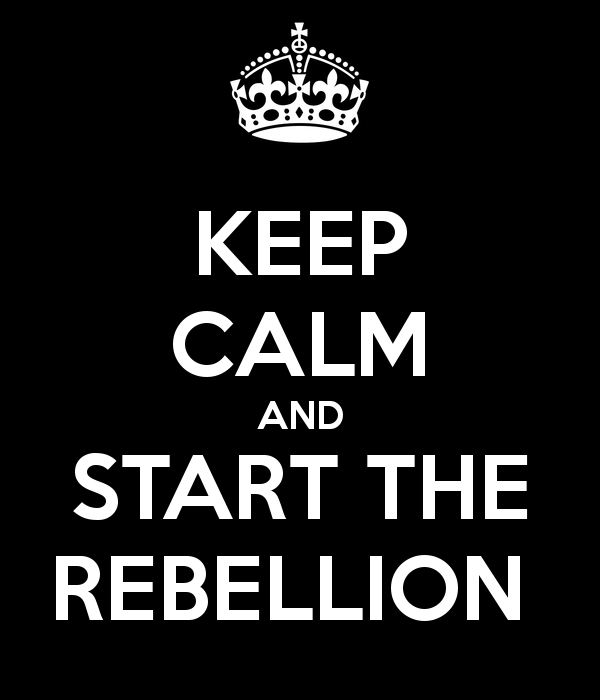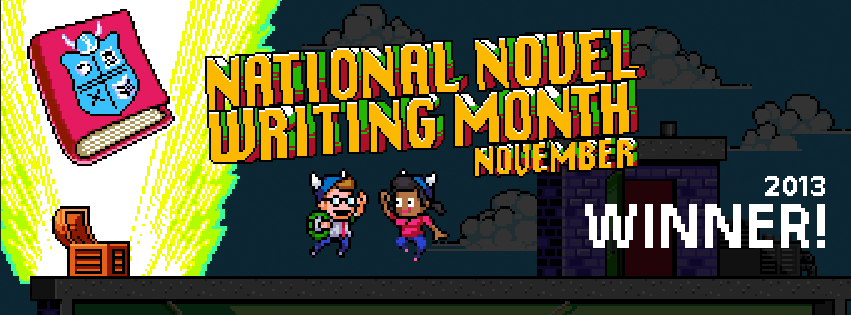My big adventure as a writer started November 2013 when I attempted to take advantage of NaNoWriMo to write at least part of my first ever novel. I plowed ahead and even won NaNo with a nice 55k word count. My novel, however, was only halfway done. So I persevered. I applied butt to chair for the whole of December (well I made a break for the holidays) and half of January, until I had finally put THE END on my manuscript. I ended up with a 100k word brick and an immense sense of satisfaction. I did it! I had finally finished something. For the first time ever. Yay me!!!
So I put my first draft in a drawer and busied myself with writing a couple short stories. That was also fun and challenging in a different way than writing a whole novel. When you have a very limited amount of words to tell your story, you have to be a lot more careful about the choices you make.
Short stories were also my first serious attempt at editing a piece into something good enough print (still working on that, first story is on version three so far). I had tremendous fun editing and rewriting them, trying to see if I could tell my story better.
But now I am faced with the 100k brick that is my first draft, and I must admit that the task of editing it is daunting. I mean it took me two weeks to tweak a 5k words story well enough to be able to send it to my critique group, how long would going through THAT many words take me? I admit that I am terrified. I have been circling around this text since beginning of March, unsure where to start.
I even sent it to my wonderful beta who had been there with me every step of the way while I was writing the darn thing. I think she sensed my rising panic, because she advised me to break the story into manageable chunks, to re-outline my novel now that it’s finished, breaking it into scenes, and go from there. That’s what I have been busy doing for the past week.
I must admit that this advice was invaluable. Not only do I have a clear Excel spreadsheet with every scene making every chapter, but I also have a better understanding of what is going on in my story. I now know how the events unfold and link to each other. And I already see a few problems that need fixed. I didn’t notice them when I read through the manuscript before, even though I felt that something wasn’t quite right.
So now that I have that clearer picture, I can start working on my plan of attack. Hopefully, I will manage to make my novel better (and not get paralyzed by fear in the prospect of the cheer volume of words I have to edit).
But this is the first lesson I learned about editing a novel – a detailed scene by scene outline is a must.
The process is ongoing, so stay tuned for more!


